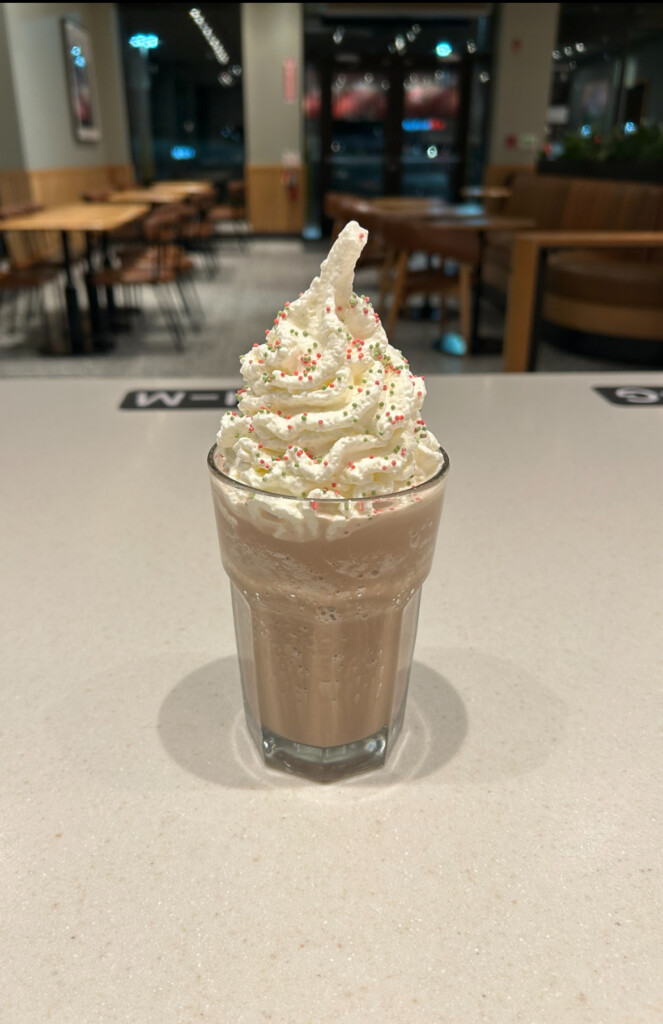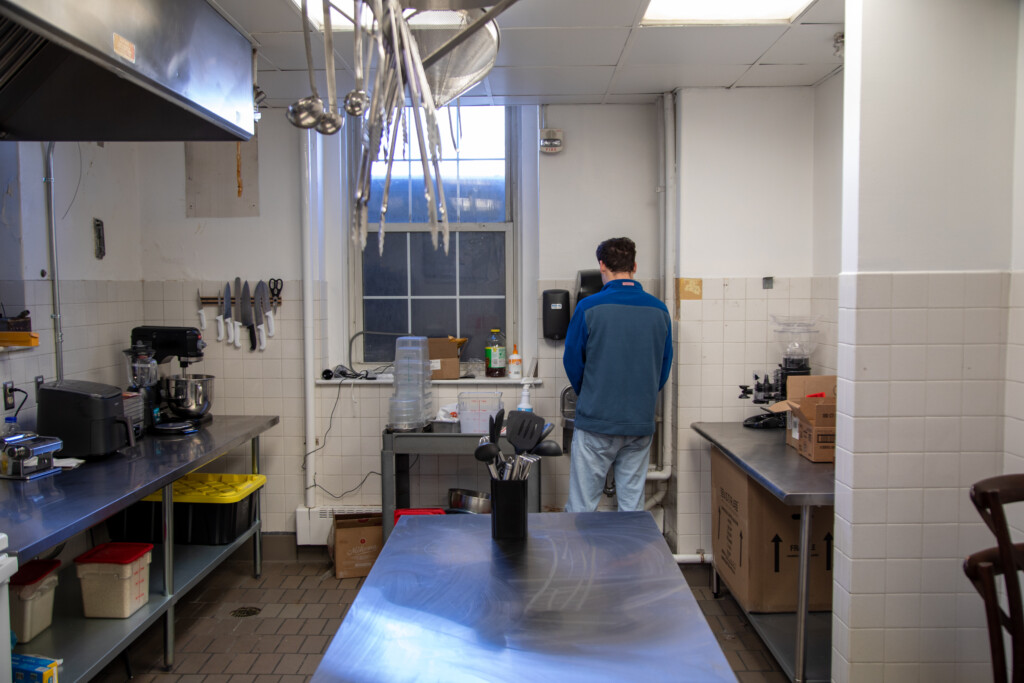The advice I am about to give about course planning at UR will, of course, not apply to everyone.
I’m not trying to make any freshmen anxious by sharing my regrets. Yes, regrets are a thing, despite the personal development they foster, etc. etc. But, if you’re reading this and have not decided what to major in, and if you find yourself unprepared during the standard “hi-what’s-your-name-where’re-you-from-what-are-you-studying” interaction, then pay attention.
As a senior, I don’t think anyone who knows me would hesitate to say I’ve made the most of my time at the University.
I’ve always spread myself pretty thin—invisibly thin—but I don’t think I’ve ever come across as anything but a tireless ball of pep in whom optimism dominates. My cheery disposition reigns. I’m not just a ray of sunshine, I’m a heat wave.
And, until quite recently, I was wholeheartedly, mind-numbingly, existentially unhappy.
Not in a depressed way, no. It was more like a constant, underlying dissatisfaction. It was like a fight with myself to reach a state of peace. This is to be expected when you’re only getting three hours of sleep every night, you’ve reached your penultimate year of college and still have no idea what to major in, and your parents are spending $60,000 a year for you to, essentially, find yourself.
Freshman year, I hit the ground running.
I’ve taken at least 22 credits almost every semester, peaking once at 26. I have five paid jobs, including my roles as a Meridian (tour guide) for admissions, a peer advisor for the English Department, a barista at Connections, a Writing Fellow, and a LEAP tutor through the Rochester Center for Community Leadership. I take piano lessons at the Eastman School of Music (which has, without fail, continued to be my lowest grade). I was president of Undergraduate English Council and have also served on the e-boards of running club and LOGOS, UR’s arts and literature publication. I’ve been a news editor and the managing editor for the Campus Times, which can feel like more work than all of the above combined. My GPA is still above a 3.8, and I’ve had three internships, one of which I completed while abroad in Austria.
I’m good at writing long, cover-letter-style paragraphs.
The University prides itself on its uniquely open curriculum. At UR, you do what you love: Be a chemical engineer with a Take Five program in Russian literature. Or a theater major with a minor in computer science. Hate math? Never take a math class again! This overarching philosophy was why I came here—I was attracted by those pretty admissions speeches about the artsy, brilliant nerds who get to come here.
I was good at AP English and AP Psychology in high school, so I decided I’d double major in communications and psych. By sophomore year, I had decided I wanted to be worldly, so I switched out psychology for international relations. By the end of sophomore year, I had changed my mind again: I would be an anthropology and creative writing double major. But by the time I got there, all of my friends had already declared their majors.
I was a junior, about to go abroad, and still unsure.
So why did I still not know what the heck I was doing? It’s simple. I was title-oriented, not course material–oriented. I had chosen each path based on its name. Psychology. International Relations. Anthropology. Communications. I had always been an advocate of not being obsessed with the future, not thinking about life in terms of endpoints or career paths.
Yet that was exactly what I had done. Rather than taking classes that specifically interested me, I’d picked labels that sounded attractive. I’d stifled opportunities to be exposed to a liberal arts program—one of the traps of an “open curriculum.”
If you’re not absolutely sure what your field of study will be, the solution is simple, but hidden: take whatever classes you want.
Seriously, anything. Look at the course listing online and sign up for the ones that sound the most interesting.
It doesn’t matter how random they seem to you. Instead of panicking freshman year about how to take classes that would fit into what might become my major, I wish that I had taken a film course, or a history course, or a new language. Who knows? Maybe they would have influenced a different choice of concentration.
But hey, hindsight is always 20/20, and I don’t want anyone to read this and panic about their life choices. The point is to think about the decisions we make in terms of what will give us the most enriching academic experience, and not strictly as a means to an end.
At the end of the day, if you’re spending as much money to attend as you are and you’re not excited about what you’re learning every day, you’re doing something wrong.


